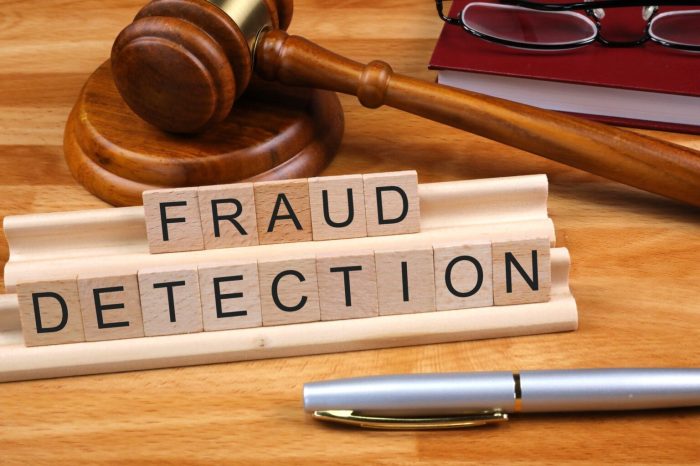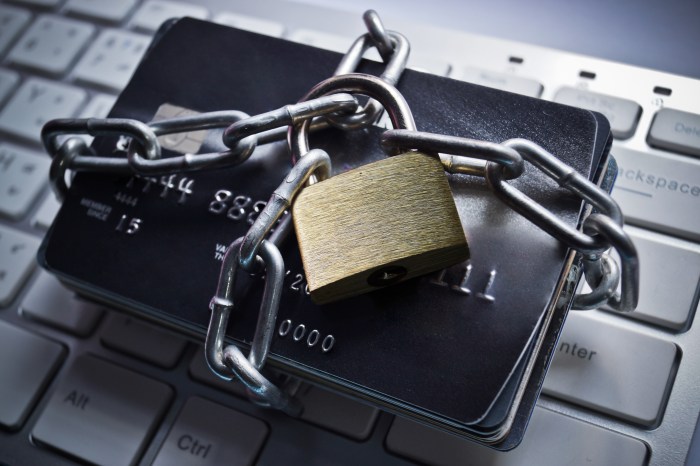Identity theft and fraud protection everfi, a topic of paramount importance in the digital age, requires a comprehensive understanding of the risks, prevention strategies, and recovery measures. This guide delves into the multifaceted nature of identity theft and fraud, empowering individuals with the knowledge and tools to safeguard their personal and financial well-being.
Statistics reveal a staggering prevalence of identity theft and fraud, highlighting the urgent need for proactive measures. By understanding the different types of identity theft and fraud, individuals can tailor their protection strategies accordingly.
Identity Theft and Fraud Protection: Identity Theft And Fraud Protection Everfi

Identity theft and fraud are serious crimes that can have devastating consequences for victims. Identity thieves can steal personal information, such as your name, address, Social Security number, and credit card numbers, and use it to open new accounts, make fraudulent purchases, or file taxes in your name.
Fraud can also occur when someone uses your personal information to access your online accounts or to make unauthorized changes to your personal information.
Prevalence of Identity Theft and Fraud
Identity theft and fraud are widespread problems. According to the Federal Trade Commission (FTC), over 1.4 million identity theft complaints were reported in 2021. This represents a 20% increase from the previous year.
Types of Identity Theft and Fraud
- Financial identity theftoccurs when someone steals your personal information to open new accounts, make fraudulent purchases, or file taxes in your name.
- Medical identity theftoccurs when someone steals your personal information to obtain medical care or prescription drugs in your name.
- Child identity theftoccurs when someone steals the personal information of a child to open new accounts or to commit other types of fraud.
- Synthetic identity theftoccurs when someone creates a new identity using a combination of real and fake personal information.
Prevention of Identity Theft and Fraud

There are a number of things you can do to protect yourself from identity theft and fraud, including:
Protecting Personal Information Online
- Use strong passwords and multi-factor authentication for all of your online accounts.
- Be careful about what personal information you share online.
- Only use secure websites when entering personal information.
- Avoid using public Wi-Fi networks to access sensitive information.
Protecting Personal Information Offline, Identity theft and fraud protection everfi
- Keep your Social Security number and other sensitive information confidential.
- Shred any documents that contain your personal information before discarding them.
- Be careful about who you give your personal information to.
- Monitor your credit reports and financial statements regularly.
Recovery from Identity Theft and Fraud

If you become a victim of identity theft or fraud, it is important to take action immediately. Here are some steps you should take:
- Contact the fraud department of the financial institutions where you have accounts.
- File a police report.
- Contact the credit bureaus and ask for a free fraud alert to be placed on your credit report.
- Freeze your credit so that no new accounts can be opened in your name.
- Dispute any fraudulent charges on your credit report or financial statements.
Query Resolution
What are the most common types of identity theft?
The most common types of identity theft include financial fraud, medical identity theft, and tax-related identity theft.
How can I protect my personal information online?
To protect your personal information online, use strong passwords, enable multi-factor authentication, be cautious about sharing personal information, and regularly monitor your financial accounts.
What should I do if I become a victim of identity theft?
If you become a victim of identity theft, report it to the authorities, freeze your credit, and dispute any fraudulent charges.